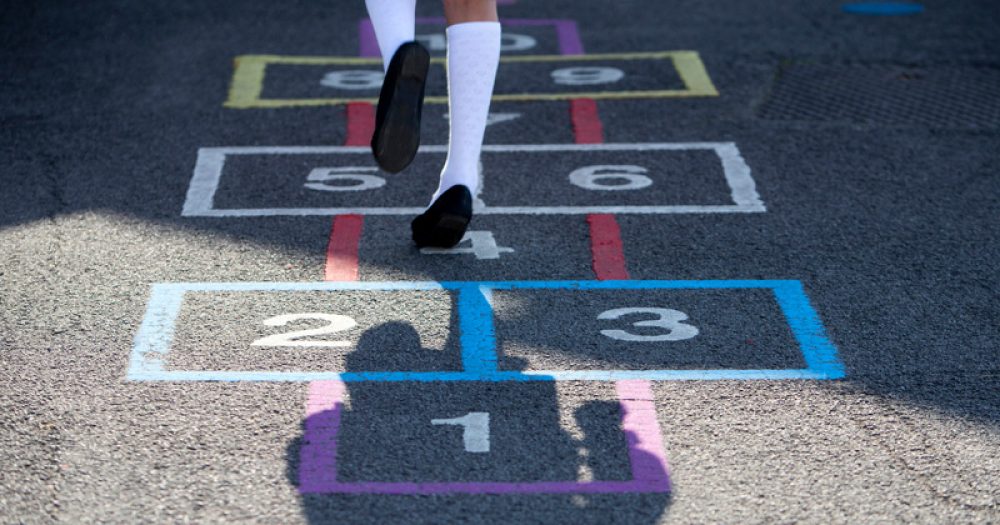Ofsted should measure school performance based on the amount of time pupils have to play, a new report suggests.
The Raising the Nation Play Commission said the “sufficiency” of playtime should be included as a “measure of school performance to encourage schools to boost play in school time and reward those schools who value play highly”.
The year-long independent inquiry’s interim “state of play” report, published today, suggests children are spending less time playing both at school and outside education.
The report, carried out in partnership with former children’s commissioner Baroness Longfield’s Centre for Young Lives think tank, analysed four national surveys carried out in 1995, 2006, 2017, and 2021.
It found that on average, break times fell in those 25 years by 23 minutes a day for the youngest primary pupils. This equates to almost two hours a week.
Meanwhile break times fell by an average 18 minutes a day for older primary school children, and 17 minutes for children in key stage 3.
The interim report also found break times had fallen most sharply in primary schools in the most deprived parts of England. Schools with a higher proportion of children in receipt of free school meals had shorter break times.
While state secondary schools have seen a significant fall in break time, there has been “no discernible decline” at private schools since 1995, it found.
Curriculum pressures have edged out play
The report suggests an “overbearing” national curriculum and “highly pressurised” accountability system has led many schools and teachers “to see break times as nothing more than a loss of valuable teaching time”.
Commission chair, entrepreneur and campaigner Paul Lindley, said: “Play should be a crucial part of growing up.” He stressed the benefits it has for children’s development, physical and mental health, social skills, and school readiness.

“We can’t continue to watch as our children become increasingly unhealthy and unhappy,” he said.
“Play is a crucial tool for reversing the growing number of children with obesity, mental ill health, and developmental problems. It’s time to get our children playing again.”
Policy should promote playtime
In a bid to boost playtime, the report recommends Ofsted should start including “play sufficiency” – specifically how much time children have to play – as a measure of school performance.
It says this would “encourage schools to boost play in school time and reward those schools who value play highly”.
The report also said teachers and school staff should receive mandatory training on how to promote active break times, and “playful learning”, while a national campaign should be launched to encourage parents to play with their children to help ready them for school.
It also calls on the DfE to issue new guidance, “ringfencing” time for breaks and lunch within the daily timetable, and for an extra 10 minutes of playtime to be added to the school day.
Playtime decreasing outside of school
The report also suggested there has been a reduction in the quality of play outside of school time too.
It found time spent playing outdoors has dropped by 50 per cent in a generation, and that less than 30 per cent of children now play out on the street.
It found at least 400 playgrounds in England have closed in the 10 years to 2022, while the annual park budgets for England fell by more than £350 million between 2011 and 2023.
Baroness Longfield said children today are spending more time “inside, glued to phones and social media” than playing outside and with friends, as previous generations did.
“Play is being squeezed out of their lives, and the consequences for their mental and physical health, and their development, are dire,” she said.
“I welcome the government’s focus on widening opportunities for children and improving school readiness. This interim report puts forward positive, workable, evidence-based proposals to support those aims, including a cross-government national play strategy for England that would boost those ambitions.”
Ofsted declined to comment.
















In home education we value play and have far happier children than in schools. Subsequently they are more enthusiastic about learning which can be tailored to their needs.
It’s almost as if the problem here is schools not elective home education.